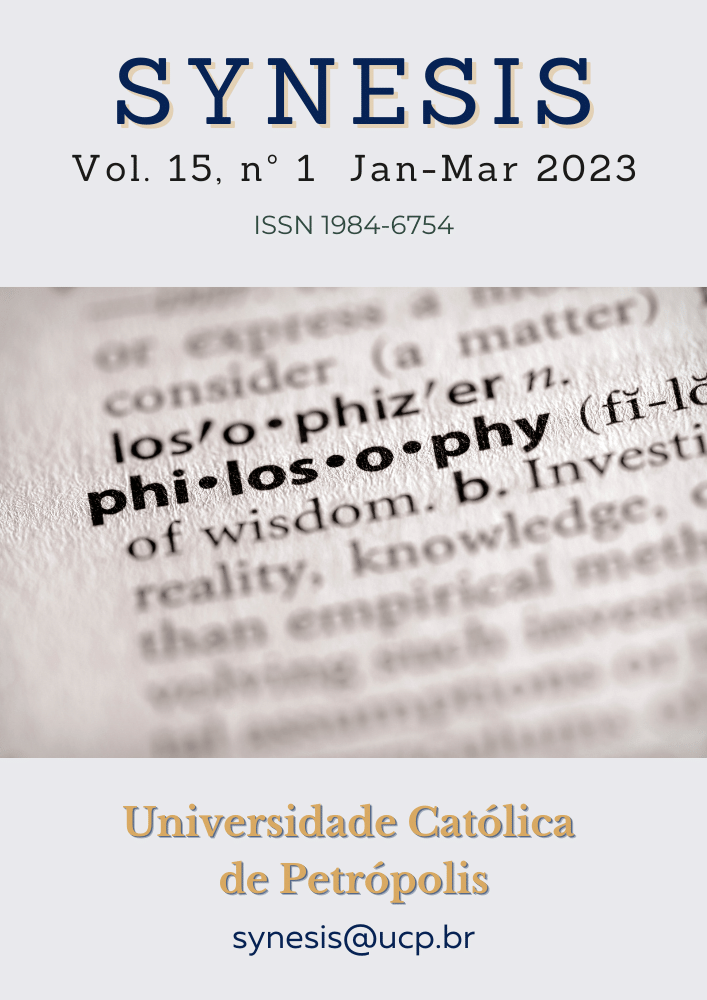Resumo
Este estudo procurou analisar os impactos da orientação do pensamento crítico sobre os limites de compreensão de leitura, bem como o efeito da discussão sobre o pensamento crítico dos subestudantes da EFL. Há uma conexão positiva entre capacidade etimológica e capacidade de pensamento crítico, conforme os estudos. Como resultado, o teste Nelson foi usado para homogeneizar 60 alunos do ensino médio antes de serem separados em dois grupos exploratórios e de controle. Um pré-teste de compreensão de leitura e um pré-teste de avaliação do pensamento crítico foram então dados aos dois grupos. Ao longo do período, o encontro exploratório participou de 8 grupos de tratamento envolvendo debate como uma atividade em sala de aula. Como um pós-teste, testes comparativos foram dirigidos aos dois encontros. O exame das informações reunidas revelou um contraste significativo entre os dois grupos no teste de compreensão, mas a distinção no teste de pensamento básico não foi especialmente grande. No entanto, os resultados realmente sugerem que o ensino de raciocínio decisivo em um ambiente EFL pode desenvolver ainda mais a aprendizagem de idiomas. A pesquisa faz sugestões para instrutores, graduandos e educadores.
Referências
Alam S. (2022). Imagine, integrate, and incorporate: English language and its pedagogical implications in EFL classrooms. Rupkatha Journal on Interdisciplinary Studies in Humanities, 14(2). https://doi.org/10.21659/rupkatha.v14n2.10
Alam, S, Karim, M. R., & Ahmad, F. (2020). Process drama as a method of pedagogy inESL classrooms: articulating the inarticulate. Journal of Education Culture and Society, 11(1), 255-272. https://doi.org/10.15503/jecs2020.1.255.272
Alam, S., & Al-Hawamdeh, B. O. S. (2022). Dynamics of integration of process drama in EFL classrooms: A holistic approach of activity-based pedagogy. e-mentor, 4(96), 70-81. https://doi.org/10.15219/em96.1580
Alam, S., Al-Hawamdeh, B. O. S., Ghani, M. U., & Keezhatta, M. S. (2021). Strategy of improvising drama in education: praxis of pedagogy in EFL/ESL context. The AsianESP Journal, 23-41. https://www.asian-esp-journal.com/esp-17-4-2-2021.
Alam, S., Faraj Albozeidi, H., Okleh Salameh Al-Hawamdeh, B., & Ahmad, F. (2022). Practice and principle of blended learning in ESL/EFL pedagogy: strategies,techniques and challenges. International Journal of Emerging Technologies in Learning, 17(11), 225-241. https://doi.org/10.3991/ijet.v17i11.29901
Alexander, L. G. (1973). For and Against. London. Longman Group Limited.
Al-hawamdeh, B. O. S., & Alam, S. (2022). Praxis and effectiveness of pedagogy during pandemic: an investigation of learners' perspective. Education Research International. https://doi.org/10.1155/2022/3671478
Asgharheidari, F., & Tahriri, A. (2015). A survey of EFL teachers' attitudes towards critical thinking instruction. Journal of Language Teaching and Research, 6(2), 388.
Djuranovic, M. (2003). The Ultimate Lincoln-Douglas Debate Handbook. Retrieved Sep, 16, 2008.
Ennis, R. H. (2013). Critical thinking across the curriculum (CTAC).
Fahim, M., & Sa'eepour, M. (2011). The Impact of Teaching Critical Thinking Skills on Reading Comprehension of Iranian EFL Learners. Journal of Language Teaching & Research, 2(4).
Fisher, A., & Scriven, M. (1997). Critical thinking its definition and assessment. Centre for research in Critical Thinking.
Freeley, A. J., & Steinberg, D. L. (2013). Argumentation and debate. Cengage Learning.
Haines, S., Stewart, B., & Stewart, B. (2000). Landmark: Intermediate. Oxford University Press.
Halvorsen, A. (2005). Incorporating critical thinking skills development into ESL/EFL courses. The internet TESL journal, 11(3), 1-5.
Kabilan, M. K. (2000). Creative and critical thinking in language classrooms. The Internet TESL Journal, 6(6), 1-3.
Krieger, D. (2005). Teaching debate to ESL students: A six-class unit. The internet TESL journal, 11(2), 25-45.
Manel, M., Hassan, A., & Buriro, H. A. (2019). Learners’ Attitudes towards Teachers’ switching to the mother tongue (The Case of Secondary school learners in Algeria). Indonesian TESOL Journal, 1(1), 9-26.
Marashi, H., & Akbar-Hosseini, R. (2019). Using Convergent and Divergent Tasks through Critical Thinking in Writing Classes. Research in English Language Pedagogy, 7(2), 386-404.
Orszag, A. (2015). Exploring Finnish university students' perceived level of critical thinking.
Paul, R. (2004). The state of critical thinking today: The need for a substantive concept of critical thinking. Retrieved July, 15, 2009.
Paul, R., & Elder, L. (1990). Critical thinking. Rohnert Park, CA: Sonoma State University.
Paul, R., & Elder, L. (2006). Critical thinking reading & writing test. Tomales, CA: Foundation for Critical Thinking.
Peirce, B. (2005). Handbook of critical thinking resources. Retrieved September 14, 2008.
Reed, J. H. (1998). Effect of a model for critical thinking on student achievement in primary source document analysis and interpretation, argumentative reasoning, critical thinking dispositions, and history content in a community college history course. University of South Florida.
Schafersman, S. D. (1991). An introduction to critical thinking. Retrieved January 2, 2008.
Sumarni, W., Supardi, K. I., & Widiarti, N. (2018, April). Development of assessment instruments to measure critical thinking skills. In IOP Conference Series: Materials Science and Engineering (Vol. 349, No. 1, p. 012066). IOP Publishing.
Widyantoro, A. (2017). Developing English textbooks oriented to higher order thinking skills for students of vocational high schools in Yogyakarta. Journal of Language Teaching and Research, 8(1), 26.
Zhao, C., Pandian, A., & Singh, M. K. M. (2016). Instructional Strategies for Developing Critical Thinking in EFL Classrooms. English Language Teaching, 9(10), 14-21.

Este trabalho está licenciado sob uma licença Creative Commons Attribution-NonCommercial-NoDerivatives 4.0 International License.
Copyright (c) 2023 Synesis (ISSN 1984-6754)

